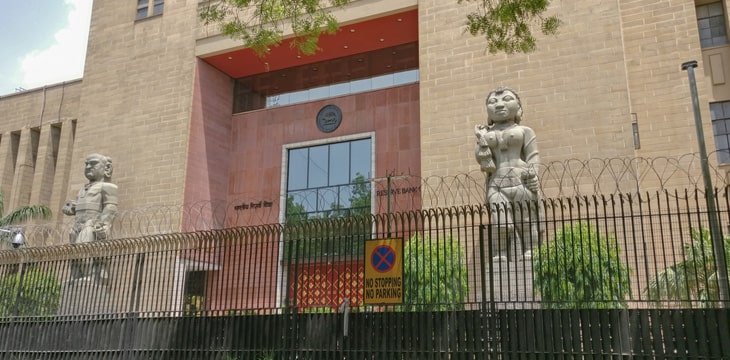|
Getting your Trinity Audio player ready...
|
The Reserve Bank of India (RBI) released its latest financial stability report with digital currencies coming under the spotlight.
The report was laced with positivity despite the negative macroeconomic trends that threatened the global financial systems. RBI’s report noted that “the Indian economy and domestic financial system remain resilient” in the face of “strong global headwinds.”
With virtual currencies, the RBI expressed skepticism over the future of the asset class and the risk that they pose to the broader financial industry. The report cited the catastrophes that plagued digital assets from the collapse of Terra, FTX, and the streak of top projects halting withdrawals for users.
India’s central bank noted that the only way to mitigate the risks posed by the volatile asset class is through the use of a common approach to regulation. The report suggested the use of the “same-risk-same-regulatory-outcome” principle which would see the virtual currency service providers being regulated in the same manner as banks.
The RBI’s recommendations become grimmer in the course of the report with the central bank suggesting a total ban of the entire asset class on grounds that “their real-life use cases are next to negligible.” It is unclear how the banking regulator hopes to achieve a global blanket ban given the use of distributed ledger technology (DLT).
“A third option is to let it implode and make it systemically irrelevant as the underlying instability and riskiness will ultimately prevent the sector from growing,” said the RBI.
The bank confirmed that the third option posed the biggest risk to the financial sector because there is a high chance that virtual currencies might become extremely interconnected with mainstream finance. At the moment, the RBI believes that both sectors exist independently as the spillover from Terra and FTX was minimal in mainstream finance.
The solution to the virtual currency puzzle
The RBI maintains that the best route out of the digital asset debacle is through a concerted effort at a common regulation by countries. A staccato approach to regulation would create loopholes that would give birth to regulatory arbitrage which the RBI terms a “recipe for failure.”
India has already taken the bull by the horns, offering to use its G20 presidency to chart a unified approach for regulating the asset class. Finance Minister Nirmala Sitharaman shared the same sentiments in multiple speeches with stakeholders over the future of virtual currency regulation.
“In this context, under India’s G20 presidency, one of the priorities is to develop a framework for global regulation, including the possibility of prohibition of unbacked crypto assets, stablecoins, and DeFi,” said RBI.
Watch: The BSV Global Blockchain Convention panel, Blockchain in Middle East & South Asia
Recommended for you
British lawmakers of the parliamentary national security committee have called for a temporary ban on political parties receiving donations in
Circle (NASDAQ: CRCL) soared in 2025 thanks to U.S. ‘regulatory clarity,’ but can this momentum survive a ban on crypto

 02-27-2026
02-27-2026 




